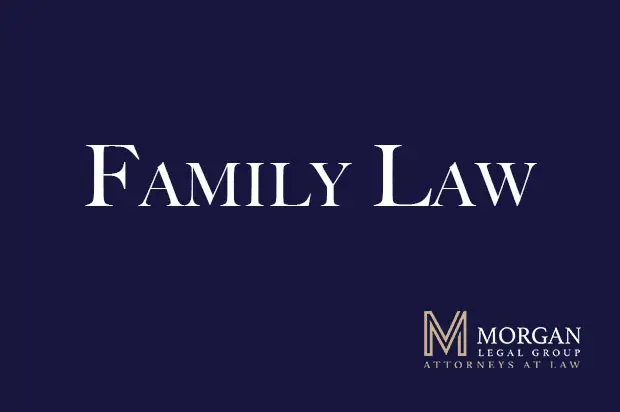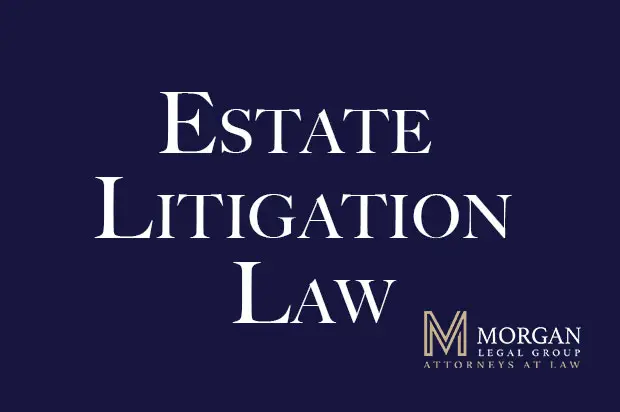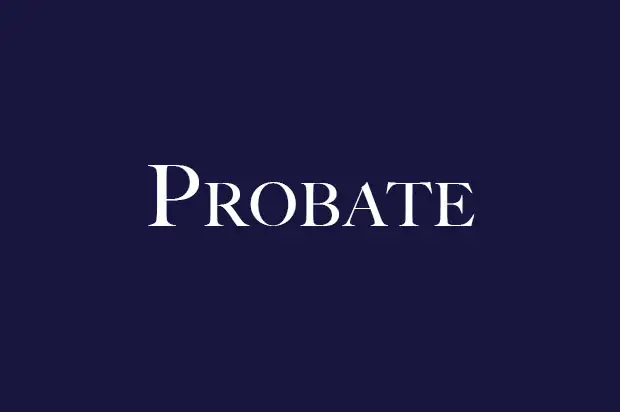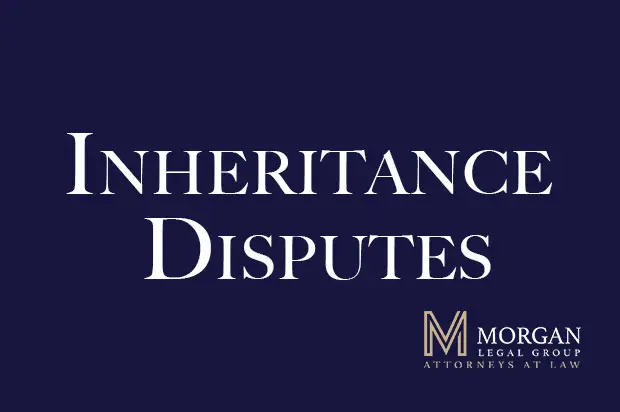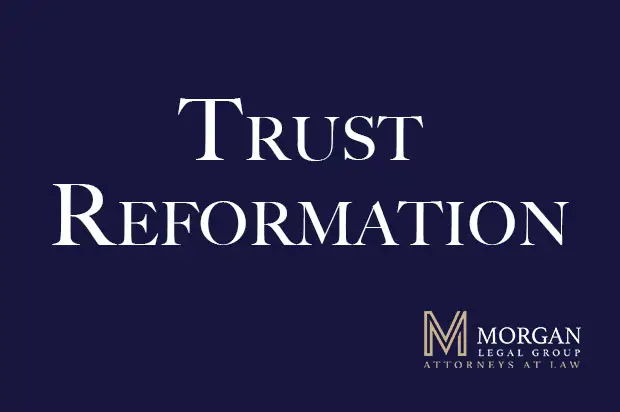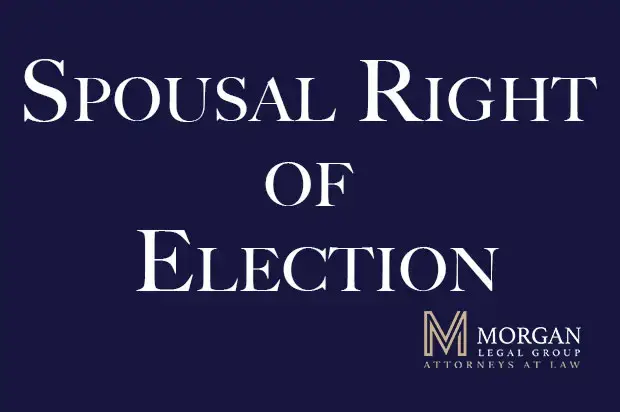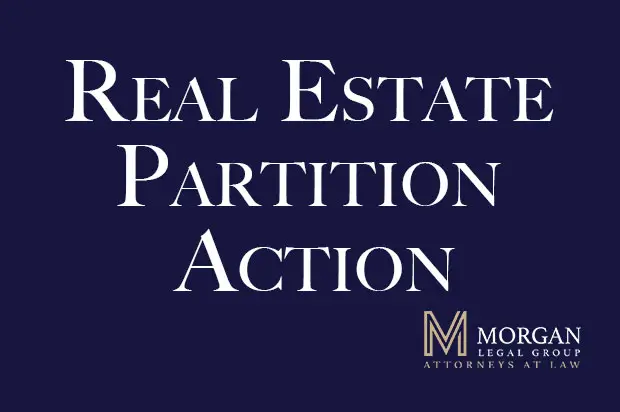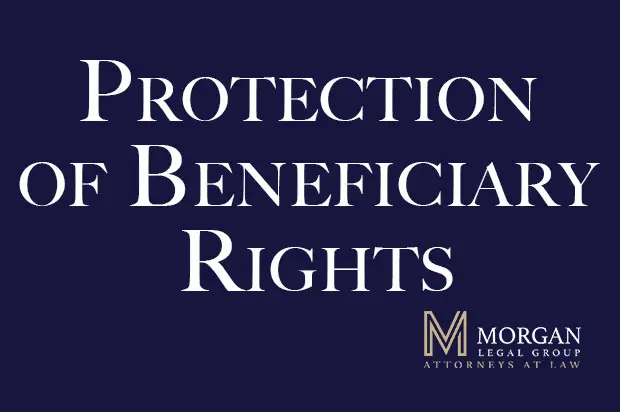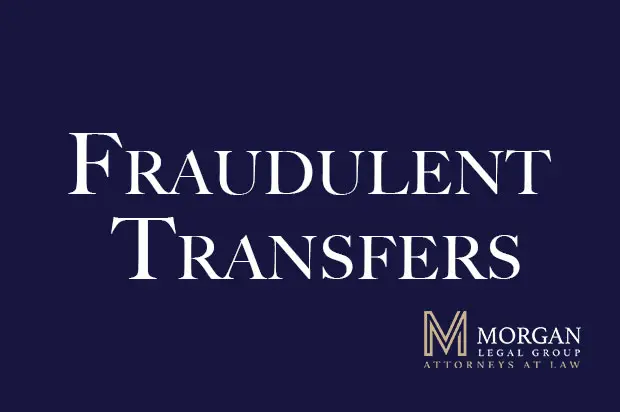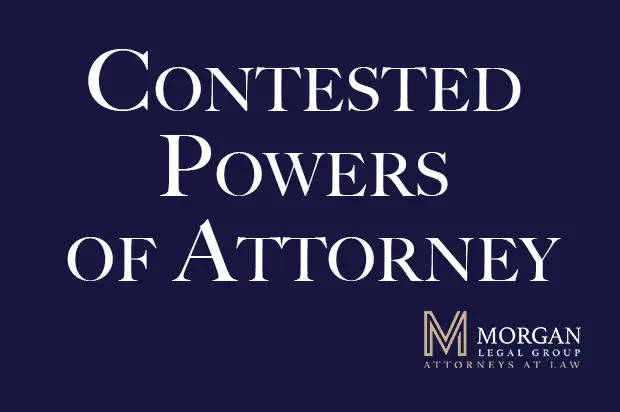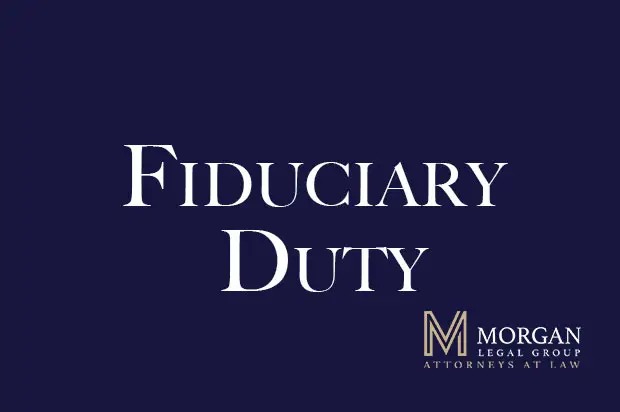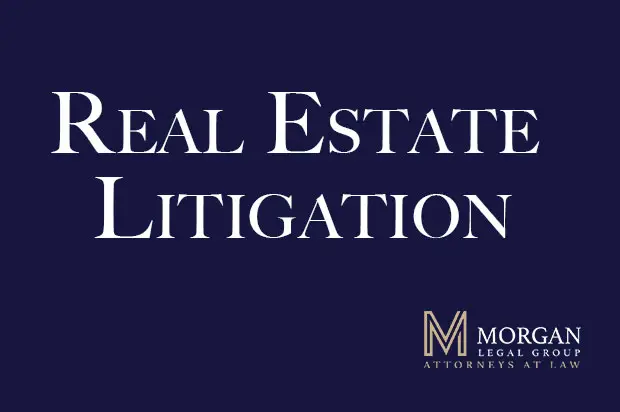Comprehensive Family Law Services at Morgan Legal Group
At Morgan Legal Group, located in New York City, we specialize in estate planning, probate, guardianship, elder law, wills, trusts, and family law. Family law encompasses a wide range of legal issues that affect families, including divorce, child custody, spousal support, and adoption. Navigating these matters requires experienced legal guidance to protect your rights and interests. This detailed guide outlines our comprehensive family law services, emphasizing the critical aspects of New York State law and how our expertise can assist you throughout the process.
Understanding Family Law
Family law involves legal matters related to familial relationships, including marriage, divorce, child custody, and adoption. In New York, family law is governed by a combination of state statutes, case law, and local court rules. The goal of family law is to resolve disputes and issues in a manner that promotes the best interests of all parties involved, particularly children.
Key Areas of Family Law
Our family law practice at Morgan Legal Group covers several key areas:
1. Divorce and Separation
Divorce is the legal dissolution of a marriage by a court. In New York, divorce can be either fault-based or no-fault. A no-fault divorce is based on the irretrievable breakdown of the marriage for at least six months, while fault-based grounds include adultery, cruelty, abandonment, and imprisonment. We assist clients with all aspects of divorce, including property division, spousal support, and child custody.
2. Child Custody and Visitation
Child custody decisions are based on the best interests of the child. Factors considered include the child’s age, health, emotional ties to each parent, and each parent’s ability to provide for the child’s needs. We help clients develop custody and visitation arrangements that prioritize the child’s well-being and foster healthy parent-child relationships.
3. Child Support
Child support is a financial obligation that one parent pays to the other for the child’s care and upbringing. In New York, child support is calculated using the Child Support Standards Act, which considers both parents’ incomes and the child’s needs. We assist clients in establishing, modifying, and enforcing child support orders.
4. Spousal Support (Alimony)
Spousal support, or alimony, is financial assistance provided by one spouse to the other during or after a divorce. The amount and duration of spousal support depend on factors such as the length of the marriage, the standard of living during the marriage, and each spouse’s financial needs and abilities. We help clients seek fair spousal support arrangements that ensure financial stability.
5. Adoption
Adoption is the legal process of establishing a parent-child relationship between individuals who are not biologically related. In New York, adoption requires the termination of the biological parents’ rights and the approval of the adoptive parents’ suitability. We guide clients through the adoption process, ensuring compliance with all legal requirements and facilitating a smooth transition for the child.
6. Guardianship
Guardianship involves the legal appointment of an individual to care for a minor child or an incapacitated adult. In New York, guardianship may be necessary when parents are unable to care for their children or when adults are unable to manage their own affairs. We assist clients in obtaining guardianship orders that protect the best interests of the ward.
The Divorce Process in New York
The divorce process in New York involves several steps:
1. Filing the Divorce Petition
One spouse (the plaintiff) files a Summons with Notice or a Summons and Verified Complaint with the court, initiating the divorce process. The other spouse (the defendant) must be served with these documents.
2. Responding to the Petition
The defendant has 20 days to respond if served in New York or 30 days if served outside of New York. The response may include counterclaims.
3. Preliminary Conference
A preliminary conference is scheduled to outline the issues that need to be resolved, such as property division, child custody, and support. The court may issue temporary orders during this phase.
4. Discovery
Both parties exchange financial information and documents during the discovery phase. This process is crucial for equitable distribution and support determinations.
5. Settlement Negotiations
Many divorces are settled through negotiations or mediation, where both parties agree on the terms of the divorce. If an agreement is reached, it is submitted to the court for approval.
6. Trial
If the parties cannot reach a settlement, the case goes to trial. The judge will make decisions on the contested issues and issue a judgment of divorce.
Mediation and Collaborative Law
Mediation and collaborative law are alternative dispute resolution methods that can help spouses reach an agreement without going to trial:
1. Mediation
Mediation involves a neutral third-party mediator who helps the spouses negotiate and reach a settlement. This process is confidential, less adversarial, and often quicker and less expensive than traditional litigation.
2. Collaborative Law
In collaborative law, each spouse has their own attorney, but all parties agree to work together to resolve issues without going to court. If the process fails, the attorneys must withdraw, and the spouses must hire new representation for litigation.
How Morgan Legal Group Can Help
At Morgan Legal Group, we understand that family law matters can be emotionally challenging and legally complex. Our experienced attorneys provide compassionate and knowledgeable legal assistance to guide you through every step. Here’s how we can help:
Personalized Legal Advice
We offer personalized legal advice tailored to your unique situation and goals. Our attorneys will help you understand your rights and options under New York State law.
Comprehensive Representation
Our attorneys provide comprehensive representation, whether you are negotiating a settlement, participating in mediation, or going to trial. We are committed to protecting your interests and achieving a fair outcome.
Effective Communication
We prioritize clear and effective communication, ensuring that you are informed and involved throughout the legal process. Our team is here to answer your questions and address your concerns.
Supportive Guidance
Family law matters can be stressful and emotional. We provide supportive guidance to help you navigate the complexities of your case and make informed decisions for your future.
Conclusion
Family law matters require careful legal guidance to ensure your rights and interests are protected. At Morgan Legal Group, we are dedicated to providing compassionate and professional legal services to help you through this challenging time. Contact us today to schedule a consultation with an experienced family law attorney and ensure that your legal matters are handled with care and expertise in New York.
Frequently Asked Questions
What are the grounds for divorce in New York?
New York recognizes both fault-based and no-fault grounds for divorce, including irretrievable breakdown of the marriage, adultery, cruel and inhuman treatment, abandonment, imprisonment, and living separately under a separation judgment or agreement.
How is child custody determined in New York?
Child custody decisions are based on the best interests of the child, considering factors such as the child’s age, health, emotional ties to each parent, and the ability of each parent to provide for the child’s needs.
What factors are considered when determining spousal support?
Factors include the length of the marriage, the standard of living during the marriage, the financial needs and abilities of each spouse, and the age and health of both parties.
What is the role of mediation in family law matters?
Mediation is a confidential process where a neutral third-party mediator helps the parties negotiate and reach a settlement. It is less adversarial and often quicker and less expensive than traditional litigation.
How can Morgan Legal Group assist with family law matters?
Morgan Legal Group provides personalized legal advice, comprehensive representation, effective communication, and supportive guidance to help clients navigate the complexities of family law matters and achieve a fair outcome.



